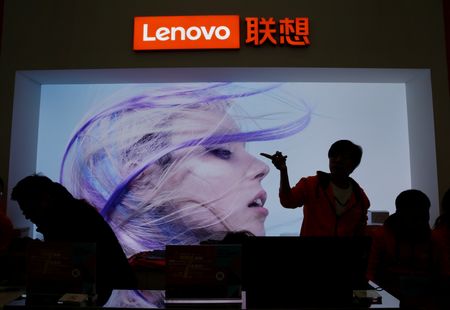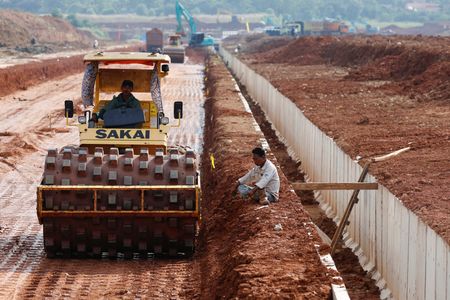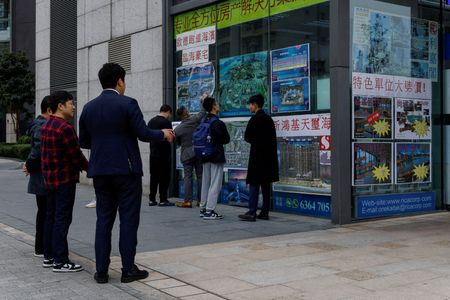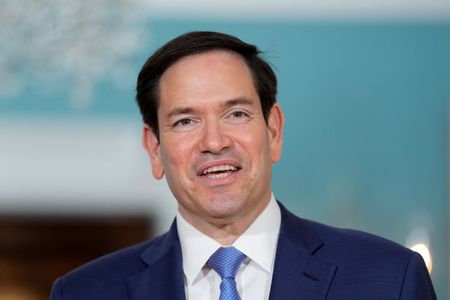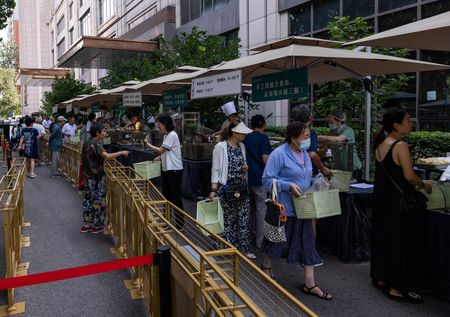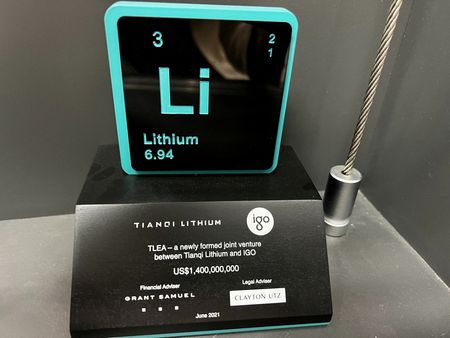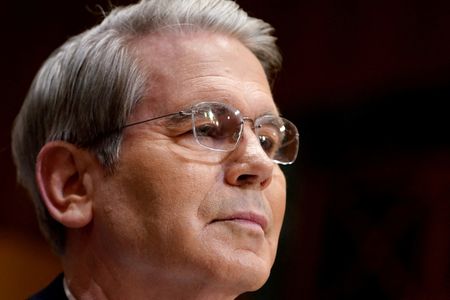By Kiyoshi Takenaka
TOKYO (Reuters) -Three-quarters of Japanese firms have a favourable view of the latest tariff deal with the United States after Tokyo managed to draw some concessions from President Donald Trump, a Reuters survey showed on Thursday.
The two Pacific allies agreed last month to set U.S. tariffs on imports from Japan at 15%, down from the previously planned 25%, while the auto import levy would be cut to 15% from 27.5%.
“The worst was averted. But some negative effects are anticipated, and that makes it necessary to keep a close eye on the matter,” a manager at a chemical company wrote in the survey.
The newly agreed 15% auto tariff is still sharply higher than the 2.5% levy that had been in place before Trump’s tariffs kicked in.
Following the agreement, Toyota Motor cut its annual operating profit forecast by 16%, while Sony raised its full-year profit outlook by 4%, with the tariff impact expected to be smaller than first feared.
Reflecting the mixed views, about 38% of survey respondents said they expected a negative earnings impact from the agreement, while 20% anticipated a positive effect.
The bilateral tariff agreement is unlikely to have immediate sway over corporate Japan’s capital expenditure, with 95% of respondents saying they would not change capital investment plans following the deal.
The survey was conducted by Nikkei Research for Reuters from July 30 to August 8. Nikkei Research reached out to 497 companies and 241 responded on condition of anonymity.
PRICE HIKES, SECURITY
Asked about the pricing outlook, 54% of respondents said they would continue to raise prices to reflect higher costs, while 46% said they saw little room for further hikes.
Core consumer inflation, which excludes volatile fresh food, has remained above the Bank of Japan’s 2% target for well over three years as companies continue to pass on rising raw material costs.
“It is quite noticeable that price hikes are spurring a demand slowdown and market shrinkage,” said an official at a wholesaler, who agreed with a view that price hikes are nearing their limits.
Asked about the prospect of new anti-espionage laws, more than 60% of respondents said Japan’s current legal system did not adequately protect confidential information and technology from foreign spy activity.
Calls for an anti-espionage law are growing in both Prime Minister Shigeru Ishiba’s Liberal Democratic Party and the opposition camp this year, with Japan’s security environment becoming more challenging.
About 42% of respondents said an anti-espionage law should be urgently considered while another 42% said it ought to be looked into cautiously. A mere 1% objected to such legislation.
An anti-espionage bill was submitted to parliament 40 years ago in Japan, but was later scrapped amid concerns that such laws could infringe on freedom of speech and other constitutional rights.
Those concerns, however, now appear to be shifting.
“Japan is falling behind other countries when it comes to an information security-related framework. Measures such as an anti-espionage law should be introduced promptly,” a manager at an information services company said.
(Reporting by Kiyoshi Takenaka; Editing by Sam Holmes)




